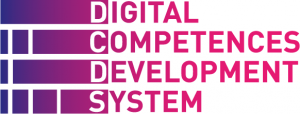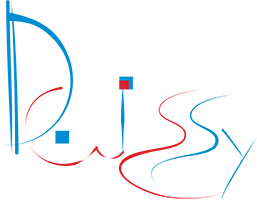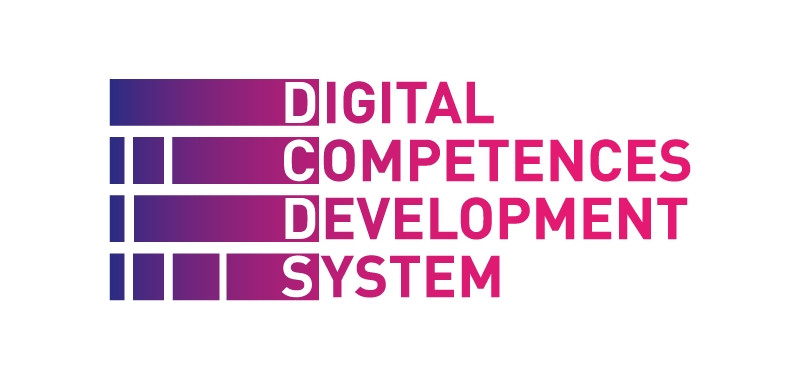 On December 31, 2019, the two-year European Erasmus+/KA3 project DCDS – Digital Competences Development System (No. 590141-EPP-1-2017-1-BE-EPPKA3-PI-FORWARD), was completed successfully. The Greek project partner was the DAISSy research group of Hellenic Open University.
On December 31, 2019, the two-year European Erasmus+/KA3 project DCDS – Digital Competences Development System (No. 590141-EPP-1-2017-1-BE-EPPKA3-PI-FORWARD), was completed successfully. The Greek project partner was the DAISSy research group of Hellenic Open University.
The main objective of the project was to address the digital skills needs of the low-skilled adults by providing non-formal training in five European countries (Italy, Spain, Greece, Romania and Latvia). In detail, within the context of the project, the consortium produced the following key outputs, all of which are freely available via the respective links:
1. The Digital Competences Development Methodology (DCDM), fully compliant with the DigComp 2.1 framework, for the development of digital competences and related transversal skills of adults.The DAISSy research group contributed to the specification of the DCDM, the instructional design, the design of the self-assessment tool, and to the production and translation of digital content in Greek.
2. The personalized online Digital Competences Development Environment (DCDE) consisting of the following modules:
- Self-assessment tool that allows adults to identify gaps in basic digital competences.
- Recommender tool that enables trainees to identify the training offers that best match their needs.
- Online tools for the management of trainees’ profiles and the definition of flexible learning pathways that combine training modules.
- Online learning application with gamification features and the DCDS game.
- Multilingual digital open educational resources, and
- Validation and certification of digital and transversal competences.
The DAISSy research group developed the multilingual DCDE environment and the accompanied technologies (self-assessment tool, recommender tool, DCDS game, etc.), created learning materials and embedded the interactive learning resources into the DCDE platform.
3. Personalised blended non-formal trainings composed by training modules to meet individual learning needs, which combine online learning with face-to-face support sessions by e-facilitators.
The training offer is structured into 4 learning paths, made of a total 64 learning units organized into 19 thematic modules, which are designed to achieve all the 95 identified learning outcomes covering all 21 DigComp competences (proficiency levels 1 and 2). Additionally, the evaluation system used addresses learning assessment (both formative and summative) and competence validation with the issuing of badges and course quality evaluation.
The DAISSy research group contributed to the definition of learning outcomes, thematic modules, learning units and the learning paths. It also implemented the piloting activities in Greece, employing 3 trainers that supported the enrollment of 58 learners to the DCDS course.
4. Trainer handbook and guide for implementing the methodology to assist the trainers and the training providers in planning and delivering flexible and modular training offers.
The DAISSy research group developed DCDS Teacher & Learner Guides for the DCDE environment. These user-friendly and rich in graphics guides facilitate teachers and learners respectively to navigate and exploit the potential of the DCDE environment.
E. Policy Influence Toolkit for training providers and policy recommendations based on data analysis for further exploitation and transfer by policy makers on e-inclusion, adult education and Digital Skills Agenda;
The DAISSy research group contributed to both of the aforementioned outputs, enhancing them with the state of the art in the EU and in Greece. It also translated the policy recommendations into Greek and shared it with the engaged Greek stakeholders.
DAISSy research group disseminated information about the project using its communication channels and presented its outputs to policy makers, VET providers, market representatives and low skilled learners during the two DCDS Multiplier Events that were organized in Greece.
More information about the project and its results can be found on the project website.

